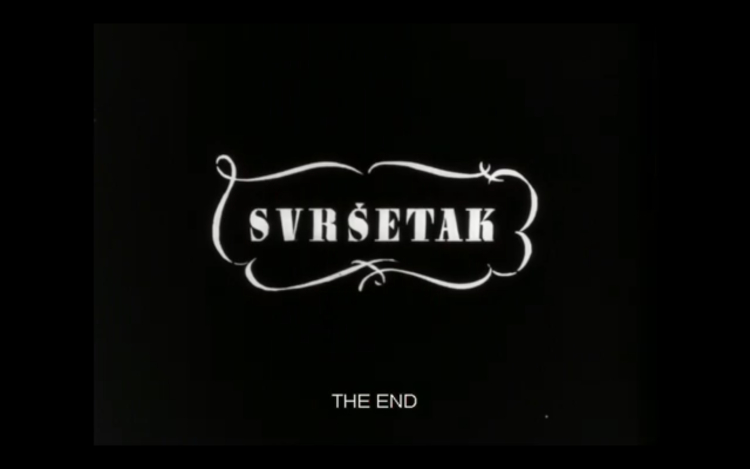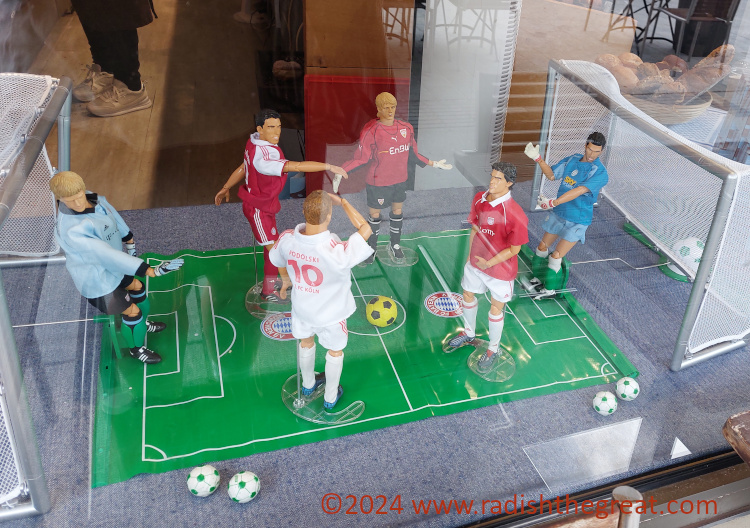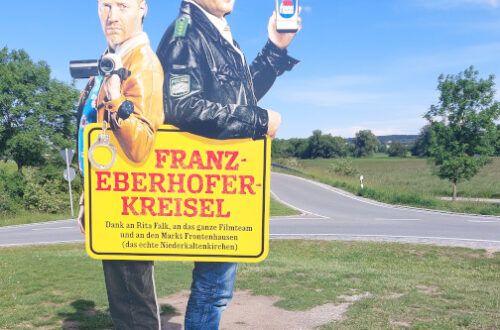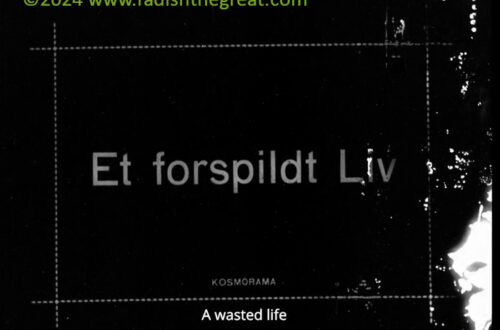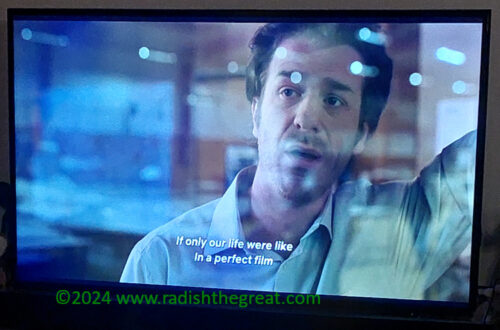In June, I challenged myself to watch at least one movie from each nation participating in the periodic regional soccer tournament. Finally!! Finally the project has been completed!!
My humblest apologies for not finishing all the films before the end of the tournament; buncha family medical stuff took most of my time and energy.
There were no rules for this challenge regarding genre or era; the only requirement was that the audio or subtitles be in English or German.
Spain: Que baje Dios y lo vea (Holy Goalie) (2017)
Netflix, Deutsch
Spain puts out a lot of really good long-form television dramas about different eras in their history. Movies, OTOH, can go either way. This bit of unrealistic fluff–Sister Act 2 meets Dodgeball–was predictable, but not bad. As punishment for violating rules while working at a school in rural Africa, sculpted bad boy Fr Salva (he sports a tattoo of Jesus) is assigned to a small monastery back home in Spain, and tasked with teaching novitiates. When the diocese decides to sell off the building to a developer of luxury hotels, Fr Salva proposes entering the “Champions Clerum”, a soccer tournament in the Vatican, hoping a win will get the attention of the pope and save their home.
All of your favorite “misfit underdog” tropes play out, sprinkled with jokes about the Catholic Church–and a charismatic preacher in the village–and a good dose of physical comedy. Pleasant way to pass the time on a too-hot summer night while avoiding watching actual soccer.

March 2020
Italy: Il giardino dei Finzi Contini (The Garden of the Finzi-Continis) (1970)
arte Mediathek, Deutsch
A lushly filmed adaptation of the autobiographical novel by Giorgio Bassani (she writes, as though she had heard of him before she got the film recommendation from arte, which she most certainly hadn’t) about the lives of Jews in Fascist Italy during the years 1938-43. It won the Oscar for Best Foreign Language Film in 1972, and probably should have been shown to me in high school, as long as we were watching film adaptations of novels in lieu of reading actual books. Oh, wait, subtitles. That’s a form of reading. Nevermind.
The Finzi-Contini family owns a very large walled estate–think “Kennedy Compound”–and don’t really think of themselves as “Jewish” in a religious sense, they’re Italians who happen to be Jews. The movie opens with only daughter Micòl and her brother Alberto inviting all of their friends from the club over to play tennis, after they’ve been asked to leave. Micòl is tall, athletic, blonde, blue-eyed. Her childhood friend Giorgio, also a student but from an observant family, is in love with her, but she doesn’t return the feelings. As more laws are passed to restrict the studies, livelihoods, and other activities of Jews, she and Alberto retreat behind the walls, although–and I didn’t understand this, but that’s probably on me–she takes a lover who is an active member of the Fascist party. Giorgio, out in the world, sees what’s happening but is of course unable to do anything about it.
The story ends when everyone is taken into custody for deportation, except for Alberto, who had already died of tuberculosis.
Another film that I can’t really say I enjoyed because of the subject matter and ending, but beautifully filmed, with lovely sets and I thought about it for a few days. I’ll recommend it.
Albania: Cold November (2018)
Netflix, original Albanian with English subtitles
It’s the early 90s, and the Serbian government under Milošević taken control of Kosovo. A middle-aged Albanian man named Fadil is working as an archivist in Kosovo to provide for his family (two kids, disabled father, wife) with a tiny walk-up apartment, a Yugo, and food and heat. The Albanians working there are quitting their jobs en masse, as a form of resistance, but Fadil chooses to stay on to support his family. There was no correct decision here–the Albanian community considers him a traitor, his kids get bullied, and the Serbs he works for assume he’s a spy, but his best friend who quit can no longer afford to provide his three daughters with food and electricity.
Snooping through files at work–if they’re going to call you a spy, may as well earn it?–Fadil finds documentation of genocide, and takes some copies home, planning to emigrate. But his wife found a lump in her breast, so they don’t leave. They wait too long to try to leave.
The film ends rather abruptly, and Fadil’s fate is (deliberately?) left unclear.
Really great camera-work, and colors. The acting was good; some of the family stuff was too over-the-top (the teen son’s masturbation scenes didn’t add anything to the story), but the director was working from his own teenage memories of this time period, so I maybe it was supposed to set some atmosphere.
This is the sort of film I was hoping to find more of when I started this project.
The Yugo was the butt of a lot of American comedy in the 80s, but I think we’ll come to envy its complete lack of software.
Croatia: Lisinski (1944)
YouTube, original Croatian with English subtitles (for the dialog only)
Also the sort of film I was hoping to find more of when I started this project. It’s a simple biopic of composer Vatroslav Lisinski, who wrote the first Croatian opera, Love and Malice, which premiered in 1846, Lisinski and his music are part of the Croatian nationalist movement that wanted the Kingdom of Croatia to be free of the Austro-Hungarian empire. The more things stay the same, eh? Scenes from Lisinski’s life are interwoven with performances of his work by opera singers and other musicians, and the story is told as a flashback by a conductor at a contemporary performance of his work. Simple, and maybe even a bit childish–when things go well with the woman he loves there is bumper footage of birds and butterflies and meadows–but enjoyable.
Altogether now: “A period film tells us as much about the time it was made as the time it portrayed,” and after seeing the Serbian and Slovakian films about WWII, I absolutely understand why people of Croatia would want a film about national pride and their cultural heritage in 1943. Might also explain why it was “lost” in the Yugoslavian era and only recently restored.
